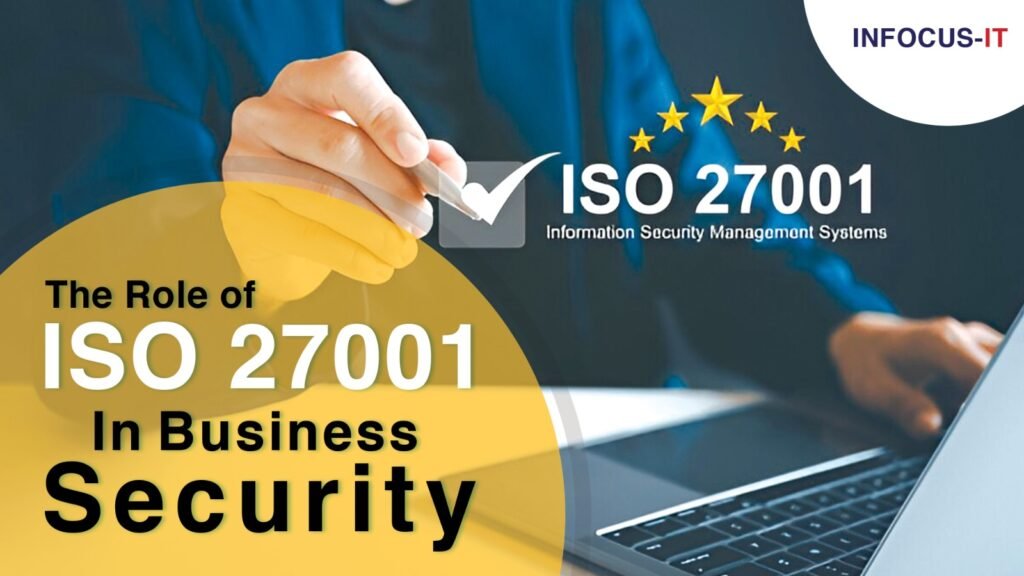In today’s digital economy, organizations collect, process, and store enormous volumes of personal data – from names and contact information to sensitive financial and health records. With the rise in data breaches, regulatory pressures, and privacy-conscious consumers, managing privacy is no longer optional. It’s essential.
This is where the Privacy Information Management System plays a critical role.
What is a PIMS?
A Privacy Information Management System (PIMS) is a structured framework that helps organizations manage personal data responsibly, securely, and in compliance with privacy laws and regulations.
It combines the principles of data protection, risk management, and governance to ensure that personal data is processed ethically and lawfully across its entire lifecycle.
PIMS is typically aligned with international standards like ISO/IEC 27701, which extends ISO 27001 with additional privacy controls.
Why Implement a PIMS?
Here are some key reasons why organizations are adopting a PIMS:
- Regulatory Compliance: Meet global data protection requirements like GDPR, India’s DPDP Act, HIPAA, and more.
- Customer Trust: Demonstrate commitment to protecting customer privacy.
- Risk Reduction: Minimize the chances of data leaks, legal penalties, and reputational damage.
- Operational Control: Gain better visibility and control over how personal data is collected, used, shared, and stored.
- Competitive Advantage: Differentiate your business in privacy-sensitive industries like healthcare, finance, and SaaS.
Core Components of a PIMS
A strong Privacy Information Management System includes the following elements:
- Privacy Governance: Assign roles and responsibilities (like a Data Protection Officer) and define privacy policies.
- Risk Assessment: Identify privacy risks related to data processing and apply appropriate mitigation controls.
- Data Inventory & Mapping: Understand where personal data is stored, how it flows, and who has access to it.
- Legal & Regulatory Alignment: Align data handling practices with GDPR, DPDP, CCPA, or other applicable laws.
- Data Subject Rights Management: Implement processes for managing access, correction, deletion, and consent preferences.
- Third-Party Management: Ensure vendors and partners also comply with privacy requirements.
- Incident Response & Breach Notification: Have procedures in place to respond to privacy incidents or data breaches.
- Awareness & Training: Conduct regular privacy training for staff and promote a culture of data protection.
PIMS and ISO 27701
ISO/IEC 27701:2019 is the international standard for Privacy Information Management. It extends ISO/IEC 27001 and ISO/IEC 27002 to cover data privacy, offering a certifiable framework for managing personal data.
Organizations implementing ISO 27701-based PIMS can position themselves as privacy leaders and simplify global compliance.
Who Needs a PIMS?
A PIMS is beneficial for any organization that:
- Handles personal or sensitive data (customers, employees, users)
- Operates in regulated sectors (finance, healthcare, government, education)
- Does cross-border data transfers
- Wants to demonstrate accountability and transparency
Whether you’re a startup handling user profiles or a large enterprise processing millions of records, a PIMS scales with your needs.
How Can InFocus IT Help?
At InFocus IT, we offer end-to-end PIMS implementation and consulting services aligned with ISO 27701 and data privacy best practices. Our services include:
- Data flow audits and privacy gap analysis
- Implementation of technical and organizational controls
- Staff training and policy creation
- PIMS integration with existing ISMS
- Support for ISO 27701 certification
Let us help you build a privacy framework that protects your data and your reputation.
Conclusion
Privacy is not just a compliance checkbox — it’s a business imperative. A well-designed PIMS helps your organization stay ahead of risks, meet regulatory obligations, and earn customer trust.

